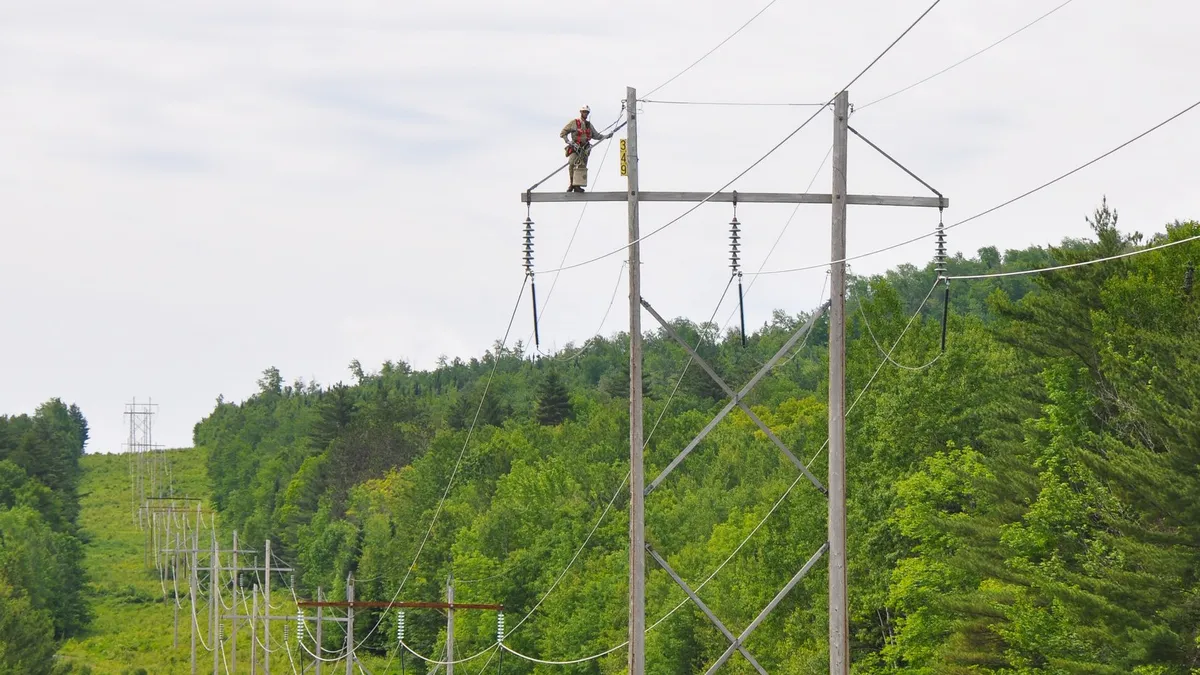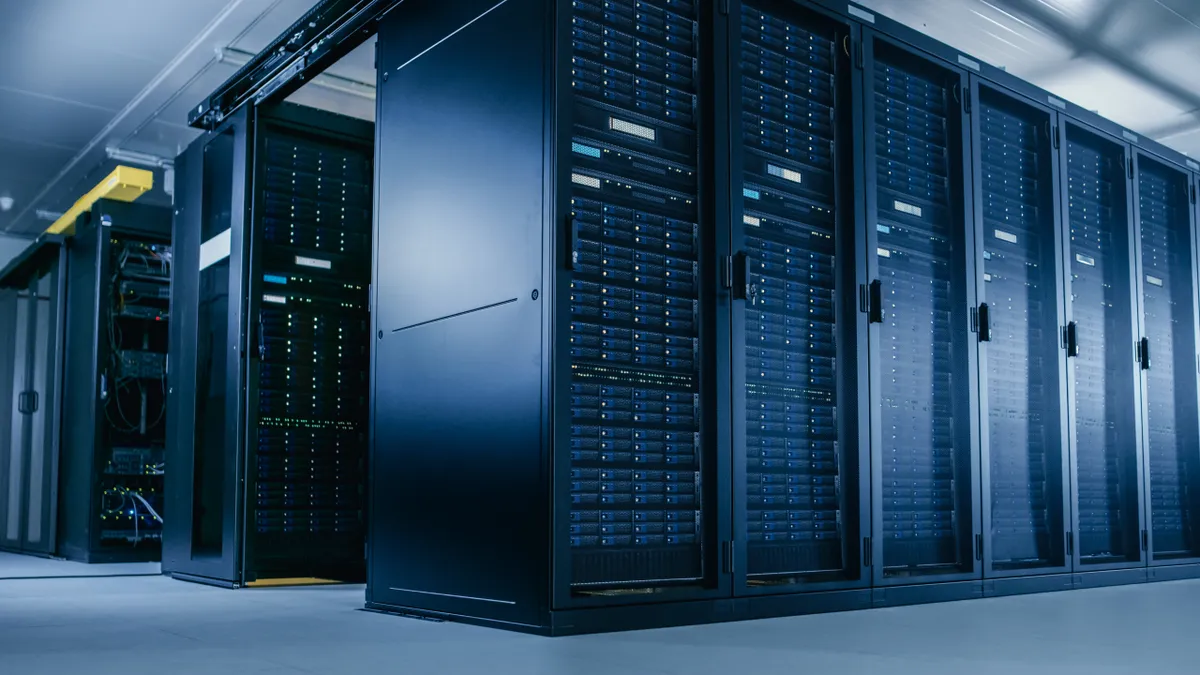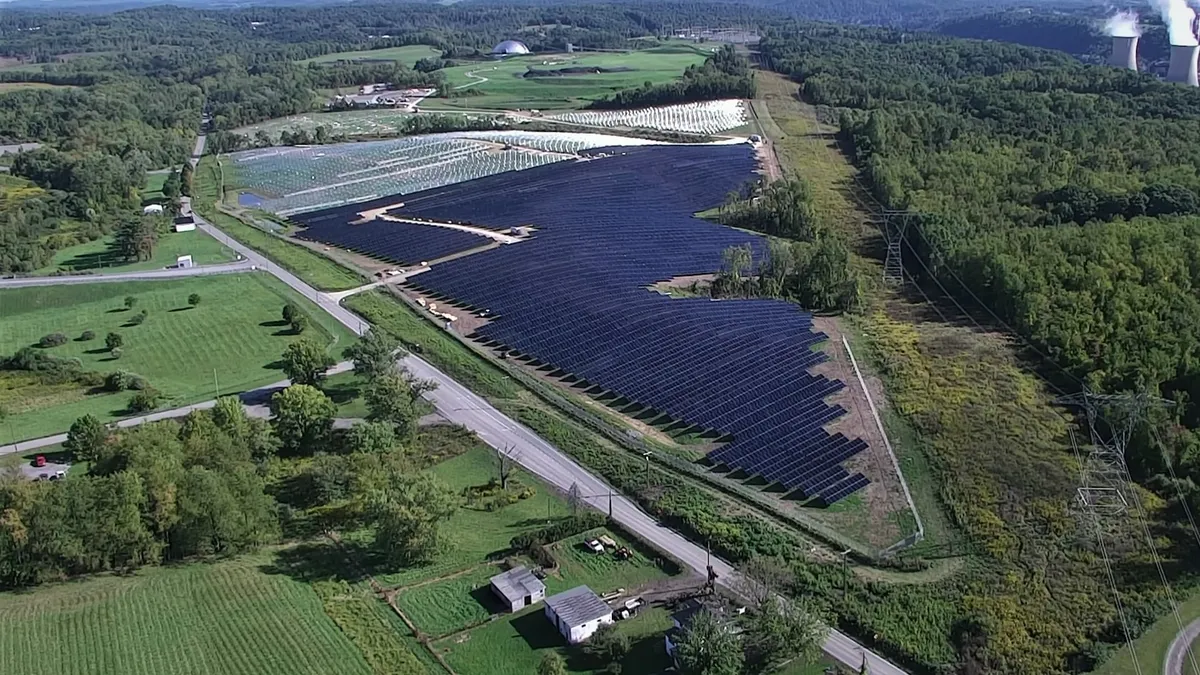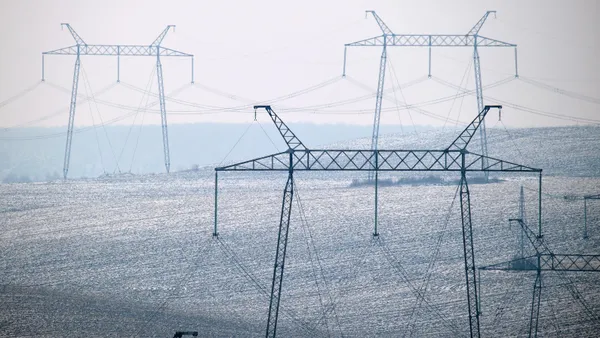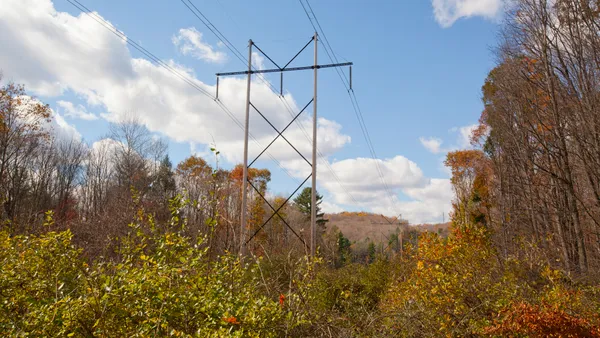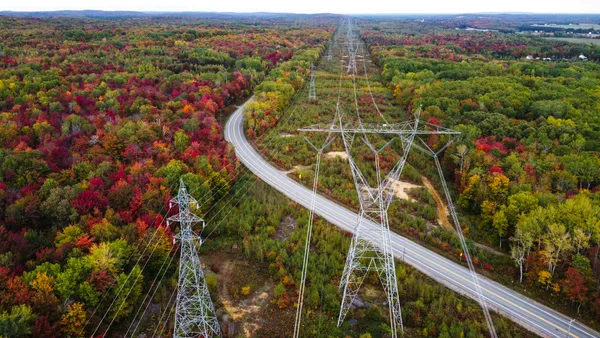Dive Brief:
- Public Service Co. of New Hampshire, operating as Eversource Energy, on Tuesday filed a $182 million distribution rate increase with state regulators that includes a new performance-based rate mechanism to reward the utility for meeting certain customer satisfaction, reliability and other metrics.
- The proposal would raise average residential bills by 17% across two years, the utility said, helping to pay for storm hardening, grid automation investments and vegetation management.
- New Hampshire Consumer Advocate Donald Kreis called the proposal a “whopping big rate hike,” in a Thursday column, but was more sanguine on the PBR mechanism. It is “forward-looking,” he said. “Eversource deserves a lot of credit for making a detailed and serious proposal.”
Dive Insight:
The goal of the proposed PBR mechanism is to “create stronger incentives for cost efficiency, a more direct line of sight into the performance levels customers are paying for, and a level of rate stabilization,” Eversource officials told the New Hampshire Public Utilities Commission.
The utility wants to implement the PBR over a four-year period, including a mechanism to provide “supplemental revenue” to support capital investments.
The PBR is designed to avoid the “unpredictability” of sequential base-rate filings and associated step adjustments, the utility said. It would move some costs into base rates and includes “enforceable reliability metrics,” including penalties associated with the frequency and duration of outages, according to the filing.
Additionally, Eversource proposed six “informational performance metrics” in the categories of customer satisfaction, solar interconnection, customer work requests and active demand response, “to ensure accountability” and provide “insight into the company’s actual performance.”
If Eversource’s petition is approved without modification, the utility estimates residential customers using 600 kWh/month would see monthly bills increase about $9, or 7% in August, followed by an increase of $13, or 10%, beginning August 2025.
Eversource said the higher rates are necessary to cover past investments, including expenses associated with power restoration efforts, vegetation management and grid upgrades to improve system reliability.
“It has been five years since our last base distribution rate review, and our customers have seen greater reliability as a result of those system investments,” Eversource Senior Vice President for Customer Operations and Digital Strategy Jared Lawrence said in a statement. “At the same time, the costs to build and maintain the electric distribution system and serve customers have increased and the distribution rate has not kept pace with those increasing costs.”
Kreis, the New Hampshire consumer advocate, criticized the utility’s filing for its lack of planned investment in advanced metering infrastructure. The proposal acknowledged smart meters have the potential to “produce significant benefits” to customers and the grid, but also noted “there is no doubt that it is a costly investment.”
Kreis wrote Thursday that the kinds of services smart meters can facilitate “are the sort of things that increase customer autonomy and undermine the utility’s hegemony. ... But even as Eversource resists the deployment of state-of-the art electric meters in New Hampshire, there is one major sense in which the newly filed rate case is decidedly and helpfully forward-looking.”
The most significant aspect of Eversource’s rate case is its proposal for PBR, he said.
“I think PBR is a lot like democracy — not terribly attractive until you consider all of the alternatives. We’ve tried the alternatives ... and they all enrich shareholders without doing much for customers,” Kreis said.



